למי אני עמל? גלובליזציה וספרות עולם עברית בת זמננו
תומר גרדי
החל מסוף המאה העשרים ותחילת המאה העשרים ואחת חלה עלייה חדה בהיקף התרגומים של ספרות עברית חדשה אל השפות הדומיננטיות של המרכזים הספרותיים של העולם המערבי: אנגלית, צרפתית, גרמנית, ספרדית, הולנדית, איטלקית. כך, חלק ניכר מהספרות העברית בת זמננו הופכת לספרות שתנאי כתיבתה, הפצתה וקריאתה הם תנאים של מרחב ספרותי עולמי בתרגום. תרגומה של "ספרות עולם עברית" אינו שלב שני ועוקב, אלא הוא מובלע בתוך תנאי ייצורה, הפצתה וצריכתה. תנאים עולמיים שמקנים לספרות העברית כוח ומעמד במרחב הספרותי העולמי, בשילוב עם היחלשותה במרחב הספרותי המקומי והעברי, ממשיכים גם הם לשנות את מאזן הכוחות והקדימויות בין תרגום ומקור. המאמר משרטט את התמורות הללו, מעלה כמה שאלות מרכזיות וקורא למחקר הספרות העברית העכשווי לעסוק בהן.


